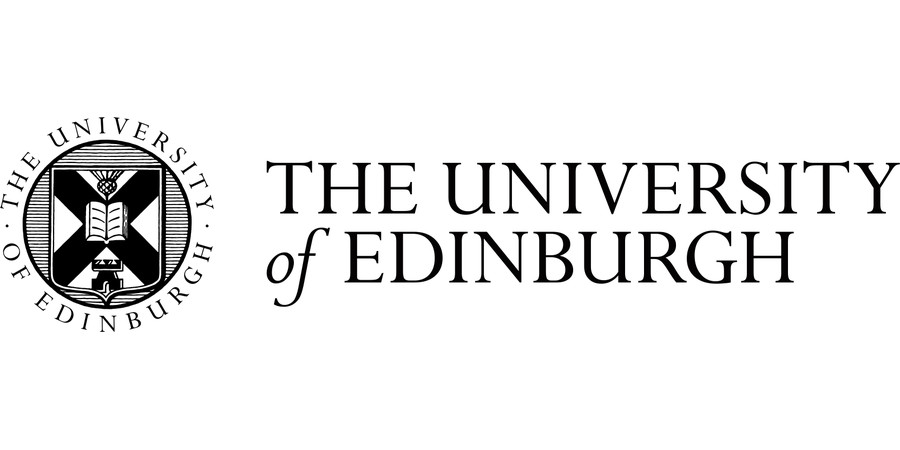PhD Studentship - EASTBIO - Visualising Oocyte Inside-out: Developing a Non-invasive Imaging Tool to Assess Oocyte Quality
The University of Edinburgh
| Qualification Type: | PhD |
|---|---|
| Location: | Edinburgh |
| Funding for: | UK Students, International Students |
| Funding amount: | £5,000 - please see advert |
| Hours: | Full Time |
| Placed On: | 26th November 2025 |
|---|---|
| Closes: | 15th December 2025 |
Deadline: Monday 15th December, 2025. Competition funded PhD Project.
Supervisors: Dr. Chih-Jen Lin (The University of Edinburgh), Dr. Pierre O. Bagnaninchi (The University of Edinburgh)
About the Project
Approximately one in seven couples have difficulty conceiving. It is widely accepted that one of the major factors contributing to female infertility is oocyte quality resulting from either misregulated (epi)genetic mechanisms during oogenesis or due to maternal ageing. Despite Assisted Reproductive Techniques (ART) being routinely carried out in IVF clinics, an accurate, non-invasive predictor for selecting high-quality oocytes and predicting embryonic/pregnancy outcome is still lacking. The aim of this project is to develop a non-invasive tool for screening and selecting oocytes with the highest competency.
This project has been conceived by the interdisciplinary collaboration of the Lin and Bagnaninchi labs. The Lin lab has generated a new Cabin1 infertile mouse line. Mutant oocytes show developmental incompetence and importantly, fertilised mutant oocytes generate abnormal single-pronucleus zygotes, a phenotype we recently showed is likely conserved in human. Thus, our animal model provides an excellent translational model for studying oogenesis and early embryogenesis (Smith et al., 2021 Reproduction and 2022 Development). The Bagnaninchi lab has developed a novel optical methodology for 3D measurement of biomechanical properties, Optical Coherence Elastography (OCE). Our recently published result showed that incompetent Cabin1 mutant oocytes exhibited a distinct profile when compared to the controls (Mason et al., 2023 Communications Biology).
In this project, we aim to further optimise our OCE imaging platform and apply new methods (e.g. Quantitative Phase Imaging (QPI)) to expand their application that can be used to determine oocyte quality from incompetent and ageing oocytes. We have established oocyte culture conditions enabling us to generate aged mouse oocytes in vitro. These “artificially aged” oocytes reveal key ageing features. We will use this as an additional model to monitor the temporospatial changes during oocyte ageing which will allow us to generate data for a standard curve which mimics the ageing process. Moreover, we will apply state-of-the-art Single Cell Proteomic technology (with Alex Von Kriegsheim, IGC) on oocytes to profile the global protein expression and aim to identify the regulatory proteins which associated with the changes of biomechenical properties (e.g. cytoskeleton organisation, preliminary data).
This proposal could lead to new non-invasive methods to predict developmental competency, potentially benefiting IVF applications.
biology.ed.ac.uk/eastbio/how-to-apply
UKRI-funded studentships are available globally, covering UK tuition fees, a living stipend, and an annual £5,000 research grant for the first three PhD years. EASTBIO DTP limits international students to 30%. Eligibility criteria are as per UKRI guidance.
Apply now:
- Visit the EASTBIO Webpage to download necessary documents.
- Submit your completed application, EDI survey, and academic transcripts to CIR.Postgraduate@ed.ac.uk by the deadline.
- Ensure references are sent to the same email using the provided form.
EASTBIO will hold online Q&A sessions in November/December 2025. Check the EASTBIO How to Apply webpage for details. Incomplete applications will not be considered.
Advert information
Type / Role:
Subject Area(s):
Location(s):









